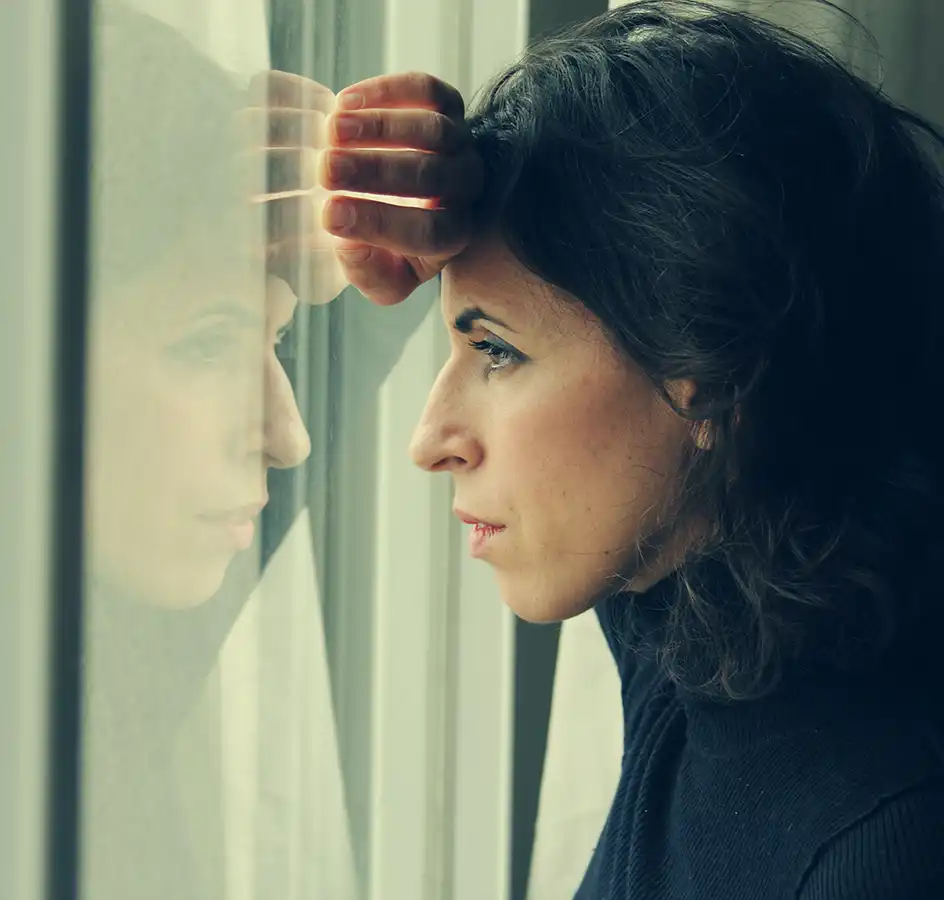Recognizing Signs of Childhood Sexual Abuse in Yourself or Your Child
Sometimes, it’s difficult to identify if you experienced abuse as a child because those memories may be buried or forgotten. Abuse that happens repeatedly or over a long period is more likely to be remembered, while isolated incidents or early childhood abuse might be repressed. Many survivors block out these traumatic memories as a natural survivor mechanism, making them hard to recall until something triggers their return or until professional support helps uncover them.
For parents, being aware of common warning signs in children is crucial. Signs that a child may be facing sexual abuse at daycare include:
- Sudden changes in behavior, like withdrawal, mood swings, or frequent crying
- Developing fears of specific people, places, or situations—especially reluctance or fear around daycare
- Sleep problems like bed-wetting, nightmares, or anxiety about sleeping alone
- Acting out sexually inappropriate behaviors or showing unusual knowledge about sexual matters
- Reverting to younger behaviors, such as clinginess or thumb-sucking
- Physical signs such as pain, itching, bleeding, or other discomfort in private areas
- Changes in bathroom habits or toileting routines
- Increased aggression, defiance, or acting out emotions in unusual ways
Children go through changes of behavior frequently and you may not know why a behavior has surfaced. Understanding these signals can be the first step in protecting a child. If you have concerns about your child’s behavior, contact your pediatrician.
Long-term Impact of Abuse on Survivors
The long-term impacts of sexual abuse in daycare can be profound, including emotional trauma, trust issues, difficulties forming relationships, and mental health challenges like depression and anxiety. Early recognition and intervention are vital to help children heal and rebuild their sense of safety.
















